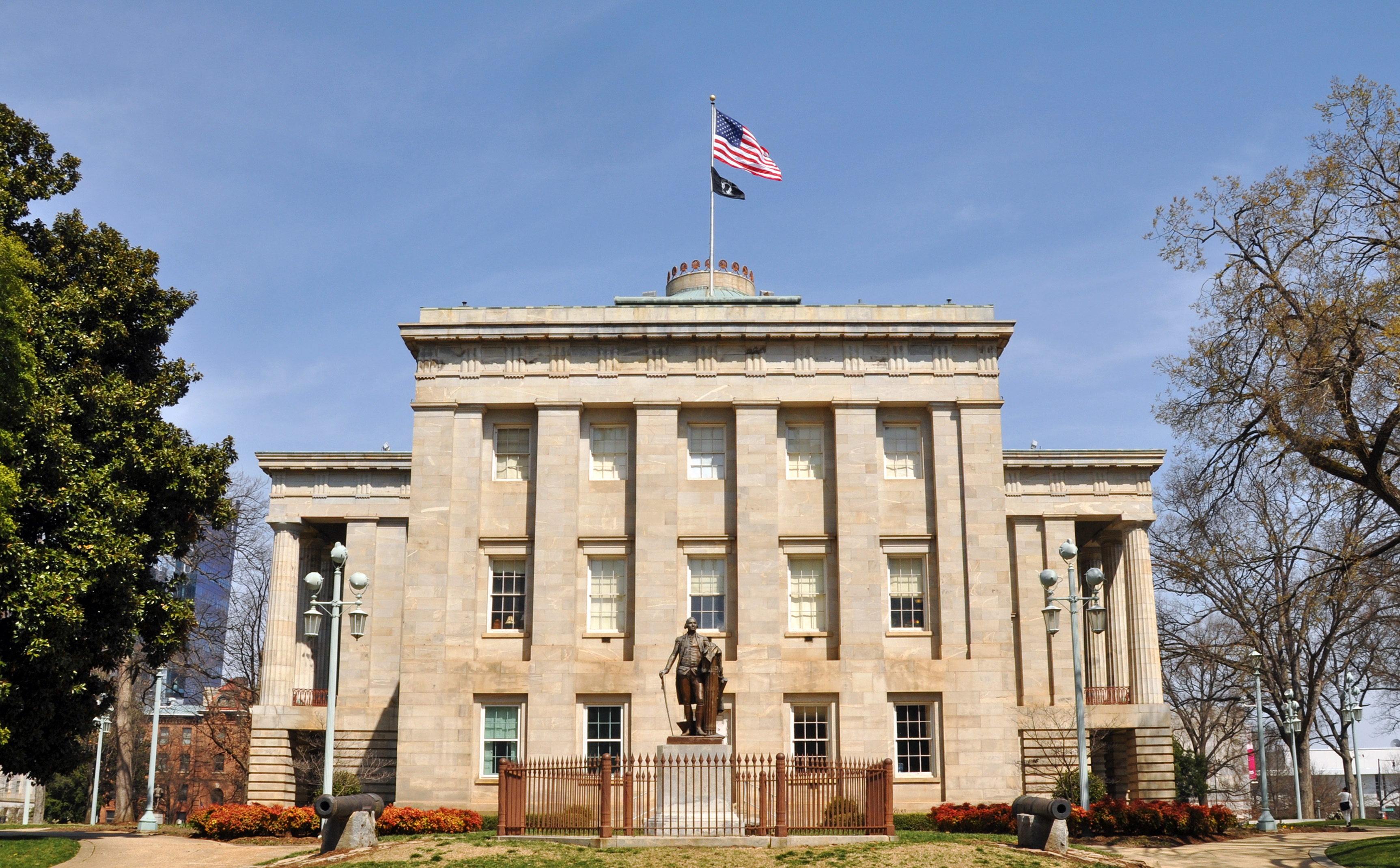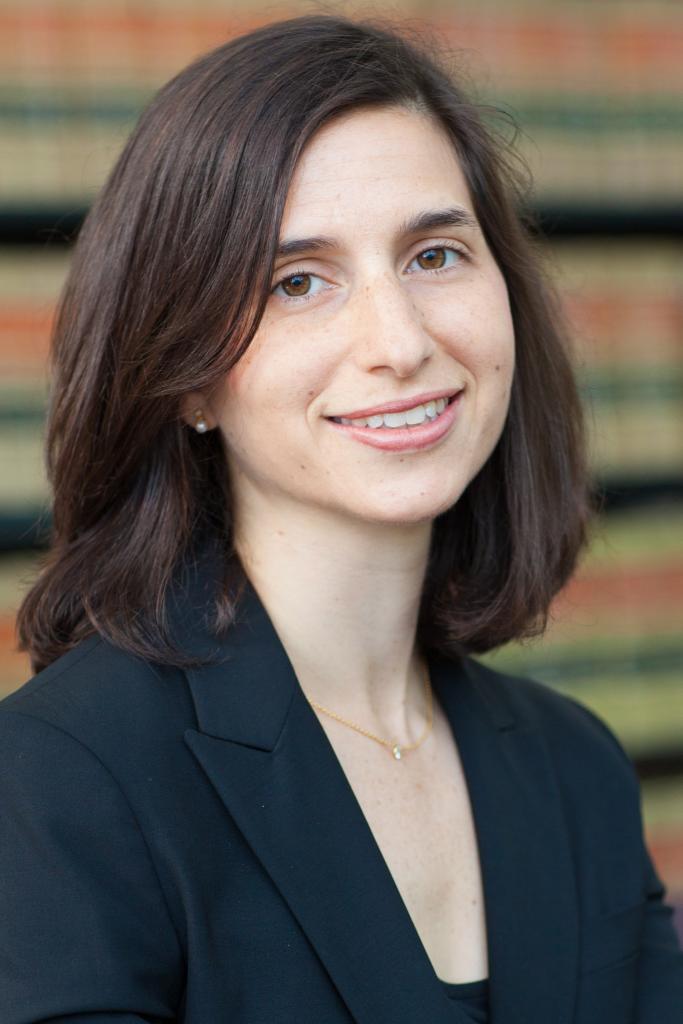State Constitutions as a Defense Against Election Subversion
When it comes to current efforts to strip or distort the people’s ability to choose their government, state courts have both the authority and the duty to act.

Published by The Lawfare Institute
in Cooperation With

In a recent landmark decision, the North Carolina Supreme Court limited the power of an unconstitutionally gerrymandered legislature to initiate amendments to the state constitution. The case is a big deal for the law of democracy. The remedy for an unconstitutional gerrymander typically has been a forward-looking order requiring new district lines—a remedy that places no limit on the mischief the legislature may impose in the meantime. Here, instead, the court recognized that an improperly constituted legislature should not be able to entrench its own power, insulate itself from political accountability, or discriminate against groups excluded from the democratic process. In charting this new course, the opinion illustrates the power of “the democracy principle” in state constitutions. As we explain in a forthcoming essay building on our prior work, this principle has urgent relevance today, as new assaults on representative government and free and fair elections emerge across the United States.
Readers of Lawfare well know that American democracy is under attack. Some threats, like political violence, are blatant, if no more easily countered for that reason. Other threats are more insidious. In upcoming election cycles, subversion may come from within the legal system rather than outside it, from quiet changes to the law rather than an assault on legal forms. As scholars including Rick Hasen and watchdog groups including the States United Democracy Center have documented, state legislatures have already begun to adopt laws that undermine free elections. They have been passing and considering power-shifting statutes that arrogate to the legislature or its partisan designees new responsibilities for running elections or even controlling their results. They have been pursuing sham audits and investigations in order to destabilize and undermine faith in elections. And they have been criminalizing aspects of election administration in ways that harass and intimidate public servants and drive them from their posts.
What can be done about such election subversion? If legislatures use the legal process itself to change election statutes, is there any role for judicial intervention? Not according to some. The U.S. Supreme Court has been decidedly unreceptive to claims that state legislatures are subverting democracy; most prominently, it has declared that extreme partisan gerrymandering claims are not “properly suited for resolution by the federal courts.” But that does not rule out all judicial intervention. State courts are critically different from their federal counterparts. The vast majority of state judiciaries are elected, a design choice intended in part to make judges accountable to the people rather than insulated from them. These courts also operate with broader jurisdiction than do federal courts and play “an accepted policymaking role in a broad range of complex areas.”
Most important, state courts interpret constitutions in which democracy is an animating, organizing commitment. As we described in our 2021 article, “The Democracy Principle in State Constitutions,” states’ foundational documents contain abundant text committed to popular sovereignty, majority rule, and political equality. These provisions reflect deliberate efforts, in waves of amendments, to enshrine and bolster government by popular majorities, and they set state constitutions apart from their federal counterpart. Although each state’s expression of the democracy principle may differ, the principle extends across states. It is this shared commitment that the North Carolina Supreme Court invoked recently when it referred to “the principles of popular sovereignty and democratic self-rule” as “the beating heart of North Carolina’s system of government,” while further recognizing that “these principles are not unique to North Carolina’s Constitution.”
For just a taste of how the democracy principle manifests, consider some distinctive features of state constitutions. Forty-nine state constitutions contain operative textual commitments to popular sovereignty, commonly stating that “all political power is inherent in the people.” Further, every state constitution affirmatively confers the right to vote, and a majority require that elections be “free,” “free and equal,” or “free and open.” When it comes to representative institutions, state constitutions forge strong connections between the people and their government by providing for direct election of an array of officials—not just legislators but also executives and judges—without the distortions of the U.S. Senate, the Electoral College, or judicial life tenure (except in Rhode Island). State constitutions also impose limits on legislative power to prohibit favoritism in government, require the government to treat all members of the political community as equals, and mandate that government act for the good of the whole. Direct democracy provisions in many states deepen the commitment to popular control by allowing the people themselves to enact statutes, amend their constitutions, and recall officials. Indeed, state constitutions are works of ongoing popular authorship: Most states have held multiple constitutional conventions, and state constitutions have collectively been amended over 7,500 times.
Given the centrality of democracy to state constitutions, it should be no surprise that state courts have relied on these constitutions to invalidate anti-democratic acts. Partisan gerrymandering cases—from strong anti-gerrymandering holdings in Pennsylvania and North Carolina to more complicated decisions in New York and Ohio—have gotten the most attention. But the democracy principle has many applications beyond gerrymandering. In 2021, for instance, the Idaho Supreme Court invalidated legislative changes, passed in the wake of the state’s successful Medicaid expansion ballot initiative, that would have made popular initiatives virtually impossible. Right now a related story is unfolding in Michigan, where a state trial court recently held that the state legislature cannot exercise its power to “adopt” a proposed referendum (thus keeping it off the ballot pursuant to Article 2, Section 9, of the Michigan Constitution) and then gut it in the same legislative session. Recent decisions in Montana and Pennsylvania, rejecting changes to judicial elections and approving mail-in voting, respectively, also reflect the distinctive state constitutional commitment to democracy.
As state legislatures continue to adopt and implement new laws that undermine free and fair elections, state courts should rely on the democracy principle to counter this new election subversion. When it comes to current efforts to strip or distort the people’s ability to choose their government—from Georgia’s transformation of its state elections board to Arizona’s proposal to arrogate to the state legislature the power to decide elections; from Wisconsin’s bogus audit to Florida’s new Office of Election Crimes and Security—state courts have both the authority and the duty to act. Some have shown they are up to the task. Others should now join them. In the months and years ahead, state courts and state constitutions will be critical to preserving American democracy.






